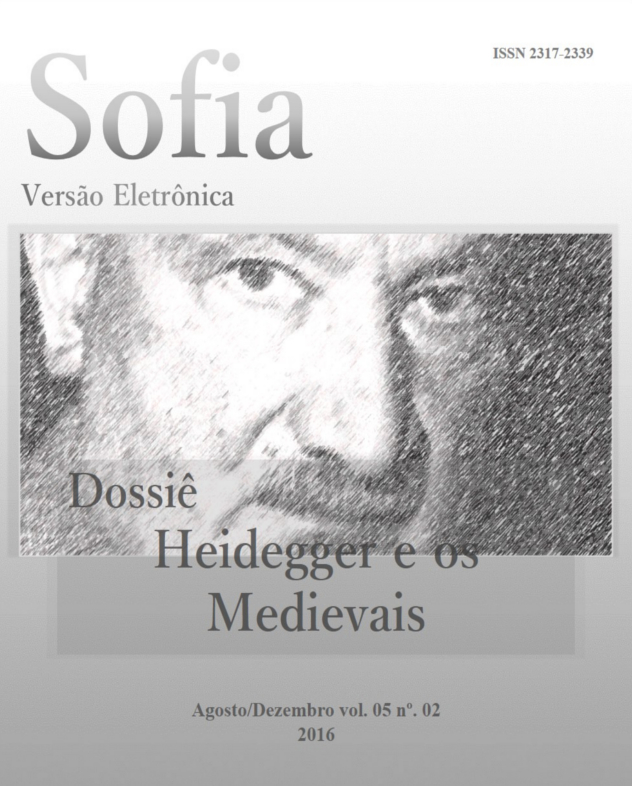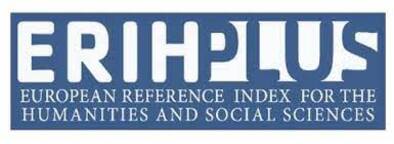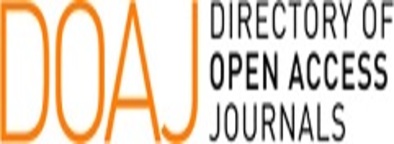Reading Heidegger, Reading Scotus
DOI:
https://doi.org/10.47456/sofia.v5i2.14991Resumo
The young Heidegger finds in his early reading of Duns Scotus and Thomas of Erfurt suggestions from medieval speculative grammar for the solution to the category problem: the limited nature of the Aristotelian ten categories, and how such categories, in their application to only one domain of being, leave out the fore-theoretical sense of life. The elaboration of the fore-theoretical categories of being-in-the-world will occupy Heidegger in the writing of Being and Time. A reading of Heidegger’s Die Kategorien und Bedeutungslehre Duns Scotus reveals not only the origins of the Dasein Analytic in medieval thought but also how Heidegger was from the very beginning on the search for an interpretation of life without God. For manifestly missing from his reading of Scotus is any interpretation of ens infinitum, or the being of God and its relation to finite being.Downloads
Não há dados estatísticos.
Downloads
Publicado
02-02-2017
Como Citar
McGrath, S. J. (2017). Reading Heidegger, Reading Scotus. Sofia , 5(2). https://doi.org/10.47456/sofia.v5i2.14991
Edição
Seção
Artigos
Licença
Copyright (c) 2017 Sofia

Este trabalho está licenciado sob uma licença Creative Commons Attribution-NonCommercial-NoDerivatives 4.0 International License.

















